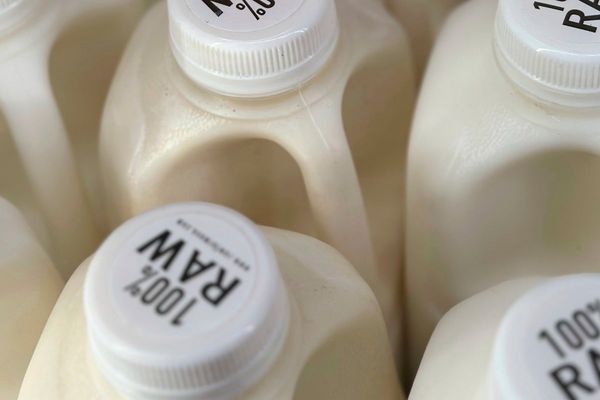People suffering from long-term physical or mental health conditions may not know that they qualify for a significant amount of DWP benefits. There are at least 21 health conditions that can qualify for up to £4,800 a year.
The Personal Independence Payment (PIP) is already received by around 3 million people in the UK. But many others may be missing out on it, Leicestershire Live reports.
Since September alone, there have been 34,962 new claimants for PIP, a state benefit designed to improve living standards for those suffering from certain health conditions.
Read more: DWP: Universal Credit threshold sees new rules which could affect working hours and benefit payments
Every four weeks, millions of people across the UK with 21 types of health conditions receive payments from the DWP. A new claim for PIP or Adult Disability Payment could help with daily living or mobility costs.
Conditions and number of UK claimants
These are the main disability categories and the number of claimants, as reported by Leicestershire Live.
Haematological Disease – 7,300
Infectious disease – 9,897
Malignant disease – 9,7426
Metabolic disease – 4,667
Psychiatric disorders – 1,166,695
Neurological disease – 403,469
Visual disease – 56,351
Hearing disorders – 33,424
Cardiovascular disease – 80,815
Gastrointestinal disease – 27,840
Diseases of the liver, gallbladder, biliary tract – 11,328
Skin disease – 20,835
Musculoskeletal disease (general) – 635,450
Musculoskeletal disease (regional) – 376,965
Autoimmune disease (connective tissue disorders) – 17,596
Genitourinary disease – 23,805
Endocrine disease – 42,264
Respiratory disease – 135,530
Multisystem and extremes of age – 1,186
Diseases of the immune system – 1,028
Unknown or missing – 10,688
Total – 3,1645,51
Five most commonly recorded disabling conditions
Psychiatric disorder: 37% of claims – includes mixed anxiety, stress, depressive and mood disorders, OCD and cognitive disorders.
Musculoskeletal disease (general): 20% of claims – includes muscle or joint pain and arthritic conditions.
Neurological disease: 13% of claims – includes muscular dystrophy, epilepsy, headache, multiple sclerosis, neuropathy and other movement disorders.
Musculoskeletal disease (regional): 12% of claims – includes neck, back, shoulders, elbow, wrists, hands, hip, knee and ankle pain.
Respiratory disease: 4% of claims – includes asthma, diseases of the upper respiratory tract, pulmonary fibrosis and cystic fibrosis.
What is PIP?
Personal Independence Payment (PIP) can help with extra living costs if you have both: a long-term physical or mental health condition or disability and difficulty doing certain everyday tasks or getting around because of your condition. You can get PIP even if you’re working, have savings or are getting most other benefits.
You must also be under State Pension age if you’ve not received PIP before. If you’re over State Pension age, you can apply for Attendance Allowance instead. Or if you’ve received PIP before, you can still make a new claim if you were eligible for it in the year before.
READ NEXT:
- DWP urges millions of households to check for £600 cash payment
- Disabled man says delayed care bill is making his ‘health worse’
- Cold Weather Payments - what are they and who can get them?
- DWP makes 8 changes to Universal Credit and benefits in 2023
- DWP urgent warning over cost of living payment scam







